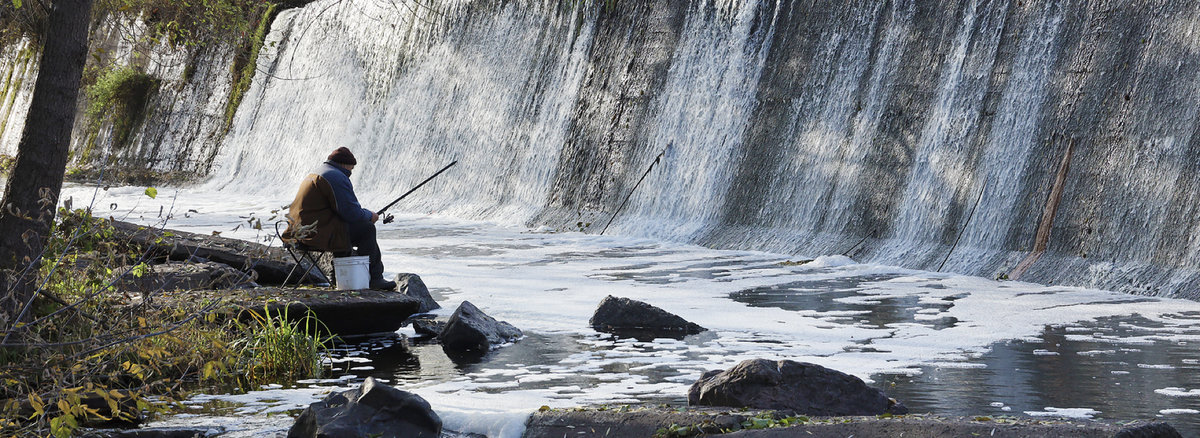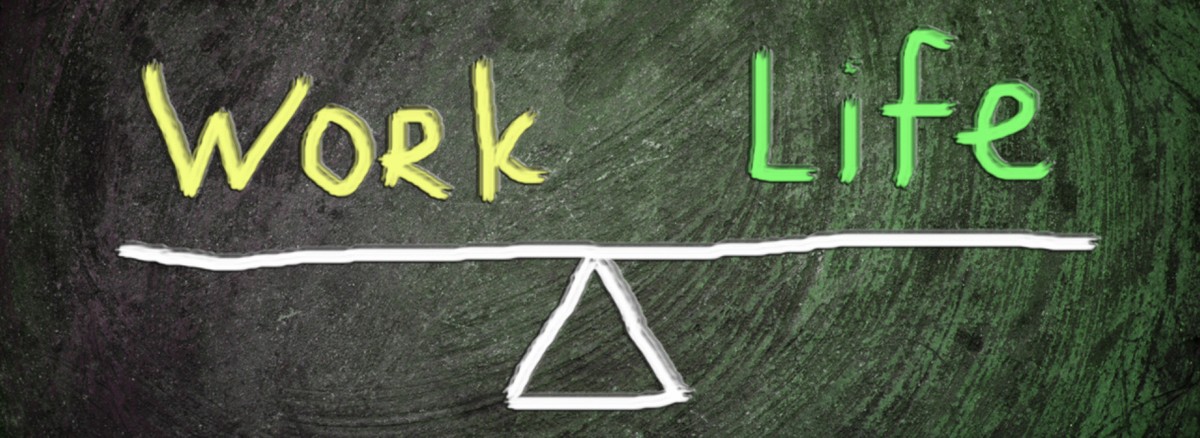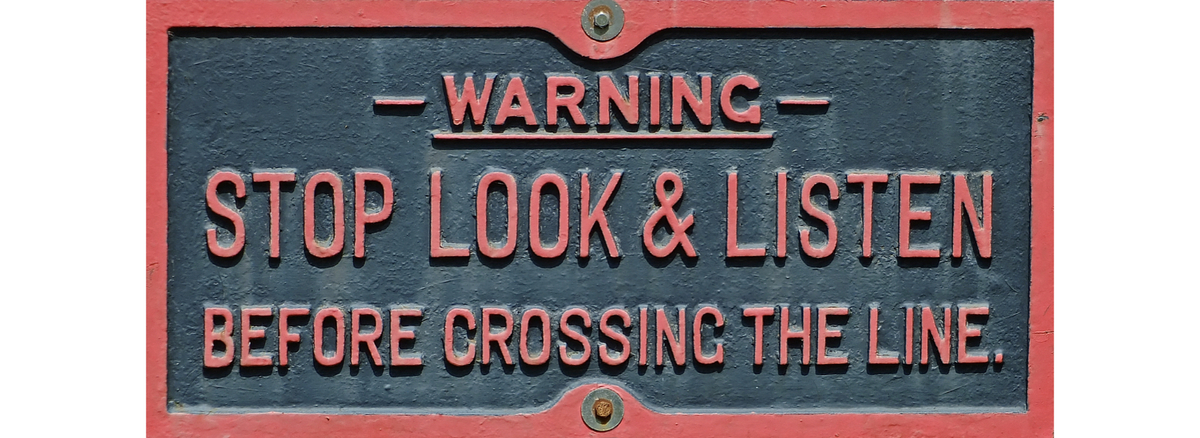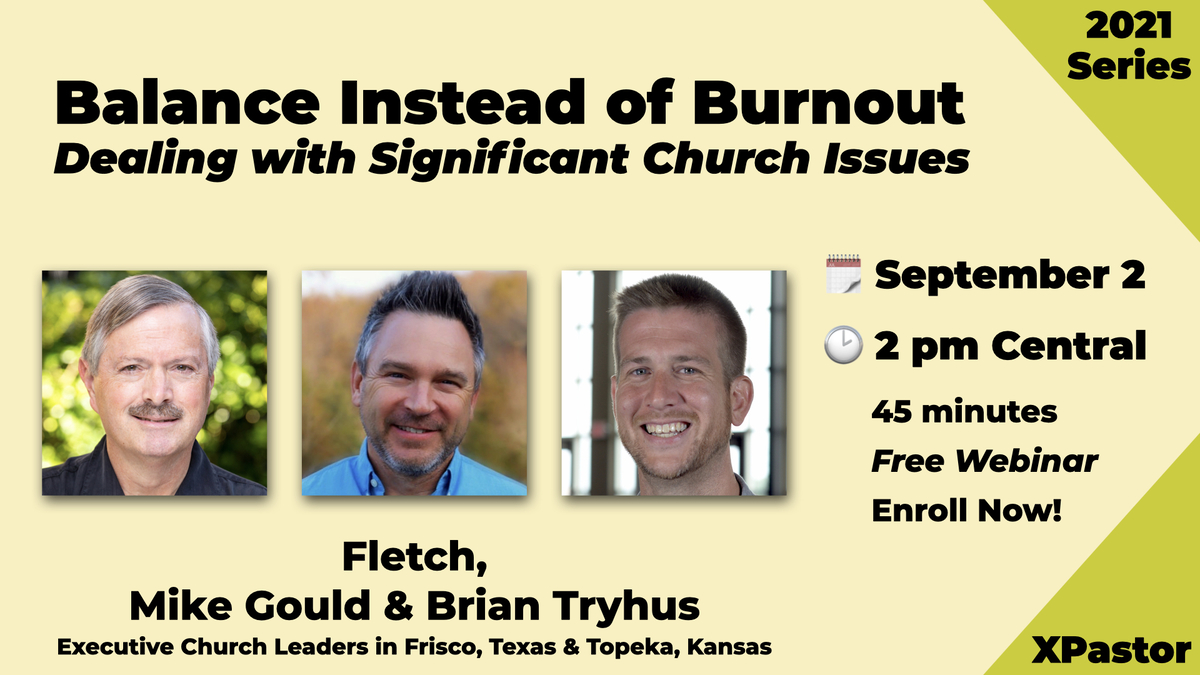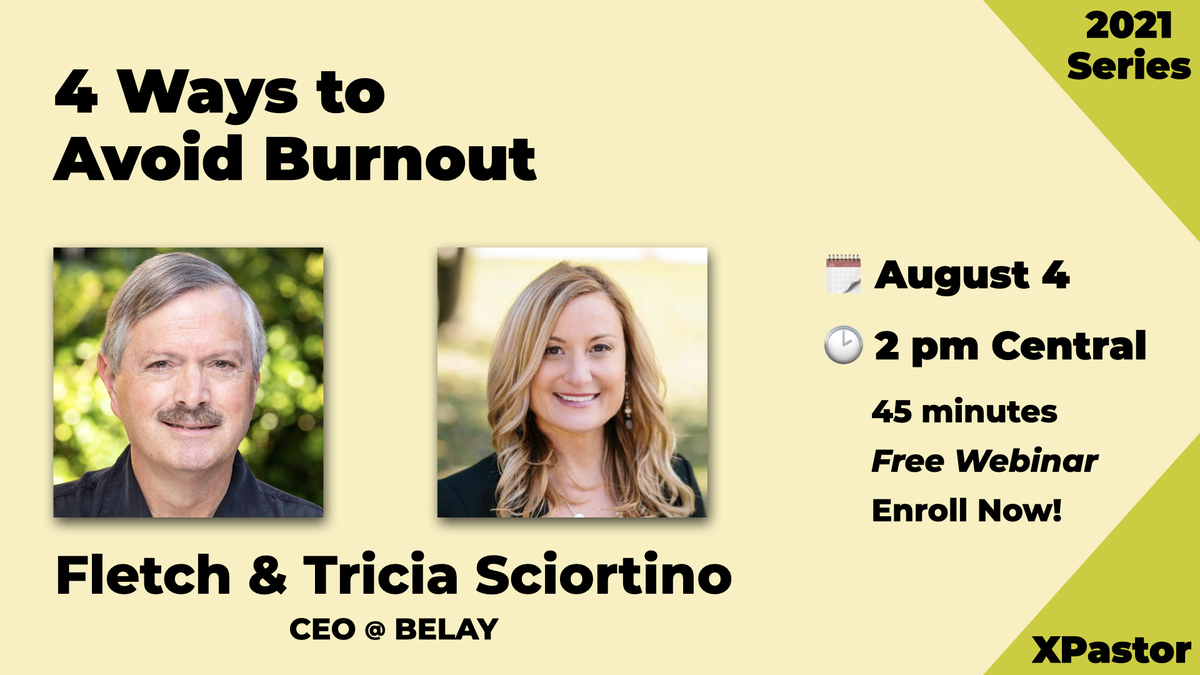Pastor, could God use a sabbatical to re-energize your passion, realign you with His direction for you and your church, and restore your soul towards sustainability in the next season of serving? Let me take my best shot at getting you to see that the answer is, Yes!
The Pedestal
Why would a pastor need extended time away? My mentor in ministry, Gary Brandenburg, shared with me a trap that is unique to pastors that has been around since John the Baptist. Here is how it works:
- We believe that the word of God is central to everything we do.
- That makes preaching important.
- Then we make a fatal leap—therefore the preacher must be important.
That’s a bad place to be because the only way off the pedestal is to fall off. Whenever you make a living impressing other people and you feel like you are only one bad sermon away from failure, you have a recipe for guaranteed isolation.
A recent Lifeway study states that 90% of pastors feel pressure to preserve their image in ministry. I do not need to list to you what happens to pastors and churches who succumb to the pressure of this trap.
The Weight
Ministry carries a weight to it that never seems to off-load. You don’t get to turn it off when you pull up in your driveway at night. There are always the unexpected care calls, the late night elder meetings, the Sunday that’s always coming.
It wearies your soul when you live in a role where the messenger is the message. I found it hard to have a relationship with Christ that was not dominated by my leadership of the church. My wife and I came to a realization after almost 24 years of marriage that we had never been a part of a spiritual community that we were not leading ourselves.
I’ve kept journals for over 30 years. On my sabbatical I spent a weekend in the San Isabel National Forest reading the last ten years of my life. I was surprised to see the ten years of parenting, marriage, Bible study, and life events. Yet my writings were dominated by the church—praying for it, complaining about it, planning the next series or vision steps.
This domination of ministry means that often when a vocational Christian worker comes to the Bible to meet with God, the daily bread that sustains him or her becomes the ingredients for someone else’s meal. The personal study becomes the public sermon.
There is great joy in partnering with God in this great adventure of the Kingdom. But all of that joy carries a hidden cost to it—the weight. When your work and your worship are at the same place, it brings never-ending wear and tear. Ministry is not harder than any other job, but it is different.
While we cannot entirely remove the weight of ministry, we can learn to carry that in healthier and more sustainable ways.
The Stop
One of those ways means learning how to practice stop. Stop daily. Stop weekly. Stop monthly. Stop yearly. And even a full stop like a sabbatical.
One thing that might help you stop is found in a church confession, one of the earliest confessions of all, made by John the Baptist:
I am not the Christ.
John the Baptist
The most important realization that any pastor must have is that I am not the Christ.
- Before you can ever believe in Christ you have to disbelieve in yourself.
- Before you can point others to Christ you have to point them away from yourself.
- Only when you are ready to confess, I am not the Christ, can you give up the pretense that you are omnipresent, omniscient, or omni-competent.
Pastors, you preach grace to others. May you have some left over for those closest to you—especially yourself. You would do well to confess daily, I am not the Christ.
When we begin there, we can begin to see that while we are supremely important to God, we are not as important to God’s work as we think. We are only a part of what God is doing to build His Kingdom.
My Experience
I learned this lesson during my own experience of sabbatical. A few years ago I spent part of my first ever sabbatical in Northern Ireland. I went with a tour group leaning into the beauty, troubled history, and reconciliation of Ireland. Towards the end of my time there, we went hiking in a place called Silent Valley Mountain Park. After about four miles, we came to a dam, used to create the massive Ben Crom reservoir to gather water from the Mourne Mountains. It is the main water supply source for most of County Down and a large part of Belfast.
We climbed the long steps to the top of the dam and looked out. On one side of the dam was the lake of water the dam was holding back—where the flowing water from the mountains met the dead end of the dam. It represented our past. The things damned up in the back of our life.
Turning around, however, revealed a different view. Life. The flowing water. The horizon endlessly stretching before us. The future. The life we would love.
This is the view I had:

Our group spent time in stillness. And then our guide led us in a thought exercise using the dam itself.
We looked backwards across the dam, the water backing up into the reservoir. This represented our past, and we paused to ask ourselves:
“What are the dead-end things I am to let go of? The dead-end stories I’ve been telling?”
For me, it was regrets, ways of punishing myself, and people I needed to forgive—starting with myself.
Then we turned to the front of the dam. The water flowing forward, giving life and possibility. This represented our future, and again, we paused to ask ourselves:
“What do I want more of in my life?”
I want to be more present. More welcoming. More at home with the unknown.
And, lastly, “What do I want less of in my life?”
I want to be less afraid, less future, less fixing.
This moment on the dam, one hour north of Belfast, served as a severing, a transition. It was a divide between who I had been and who I would be going forward.
This image of the dam is a metaphor for what a sabbatical can do.
It is time to intentionally stop moving, to look back at what was, to look forward at what could be. To take extended time to stop and ask these questions. This is called sabbatical.
The Sabbatical Sermon
A sabbatical might be one of the most powerful sermons you ever preach. It is a sermon reminding people that your church does not operate out of one person, but out of the people of God. Your time away can be a season of great opportunity for your congregation to step out in new ways of serving.
If you decide to undertake a restorative sabbatical, it can be one of the most refreshing, disorienting, refueling times of your life. You can come through on the other side having done what most people fail to do in their entire lives—stop. Really stop, so as to restart in a new and restorative way.
In my leading people for over thirty years, I’ve seen firsthand the power of healthy rhythms—and the toll of unhealthy ones. Although I had practiced sabbath and times of rest in my life for years, taking my first sabbatical at age 47 truly unlocked my heart and transitioned me into the next phase of my life.
Here are a few things God can do to you and through you in a restorative sabbatical:
- Allow you to slow down and truly rest.
- Help you become you again.
- Give you perspective on the truth of the last phase of your life.
- Get to know God and yourself in new ways.
- Awaken new pathways to connect with God, yourself, and others.
- Give those you lead opportunities to grow and rise in your absence.
- Give you, your family, and those you lead the greatest gift you could give them—a sustainable soul.
So Pastor, let me encourage you: Go for it! Lean deeply into God and see if a sabbatical might be a gift He wants to bring into your life.

